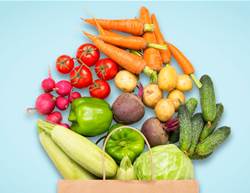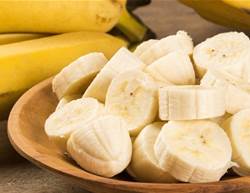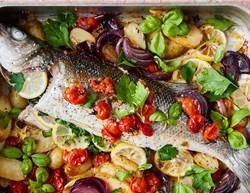If there's one piece of nutrition wisdom that's practically law, it's this: Eat. Your. Vegetables. There may be controversies around coconut oil or carbs, but the fact that you should eat plenty of veggies is disputed by exactly no one.
"The truth is that most people aren't getting nearly enough fibre. The recommended intake for women is 25 grams a day," says dietitian Marina Chaparro. A cup of broccoli has only 4 grams of fibre per serving, so you need a lot of veggies (as well as some whole grains or beans) to add up to that big number.
But for some people, there's a downside to getting five-plus servings. "Adding a lot of high-fibre vegetables can cause bloating at first," says Chaparro. That goes double if you're switching from a low-fibre, mostly processed diet to a veg-heavy program overnight.
To minimize stomach discomfort, Chaparro suggests slowly adding extra veggies to your diet, increasing the volume of plant matter as you feel comfortable. "Over time, eating vegetables and more fibre will actually help cut down on bloating" by keeping your regular, Chaparro says.
If you have a very sensitive tummy, it's also a good idea to cook some of the vegetables you eat instead of simply snacking on them raw, says dietitian Deanna Segrave-Daly. "The heat will help break down the fibre, shrink the amount of food mass and aid with digestion," she explains. "I recommend roasting for extra flavour."
Another smart move: being selective about your specific produce picks. The following vegetables taste great and deliver on nutrition, yet they're among the least likely to leave you feeling bloated.
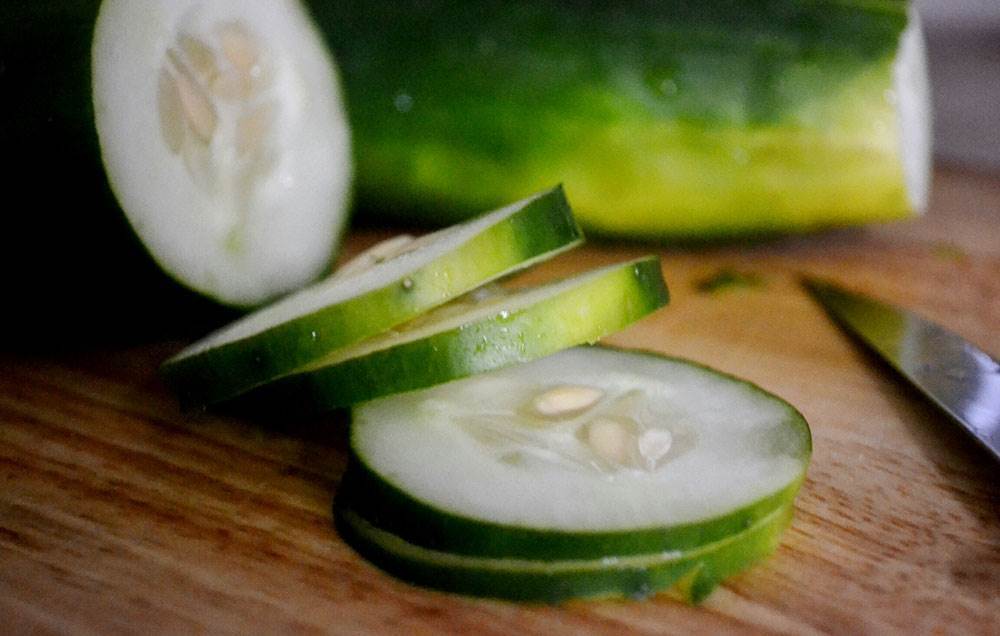
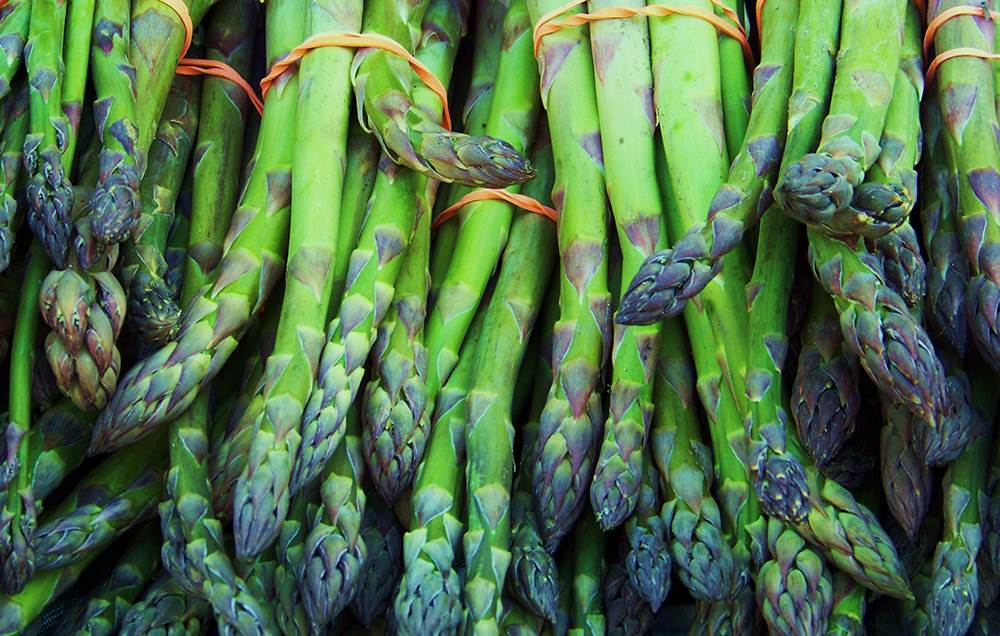
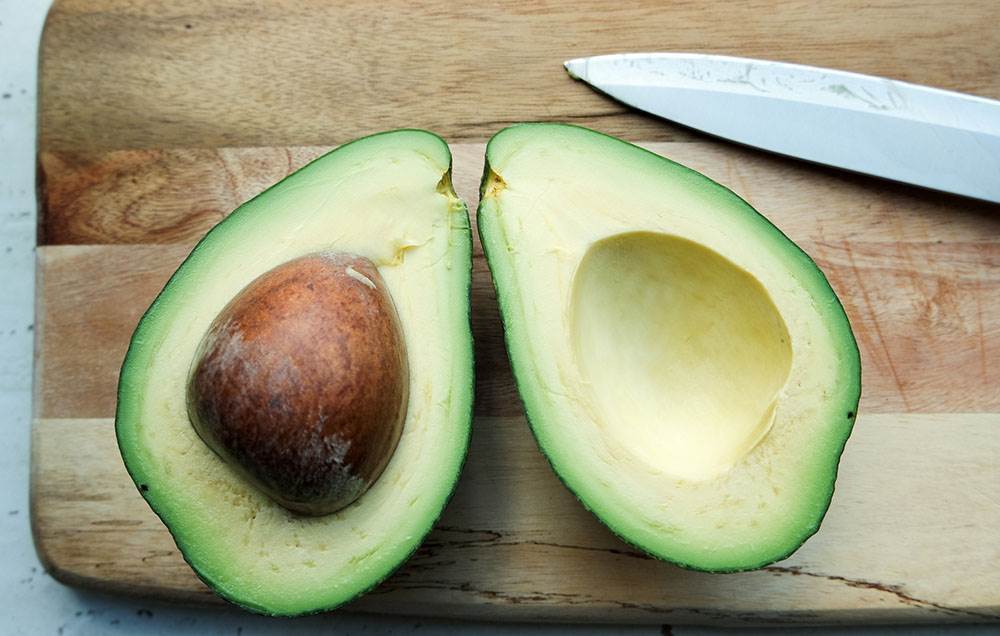
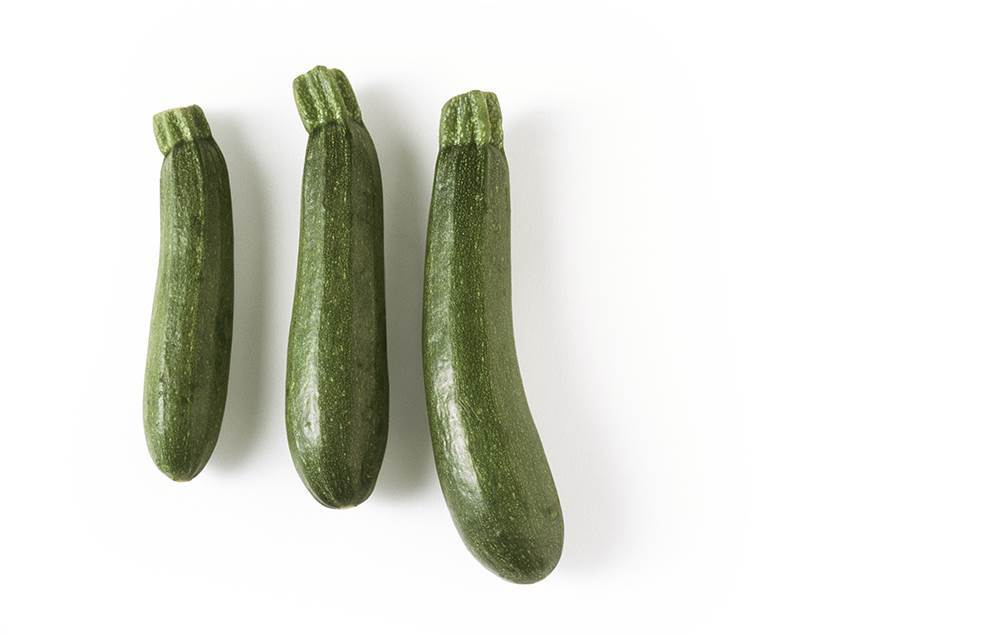
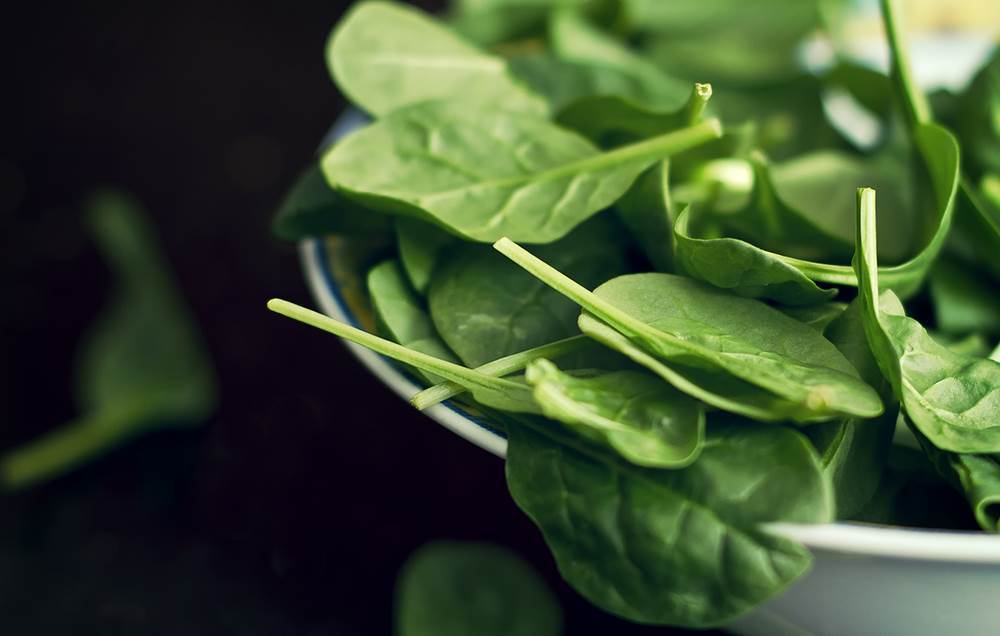
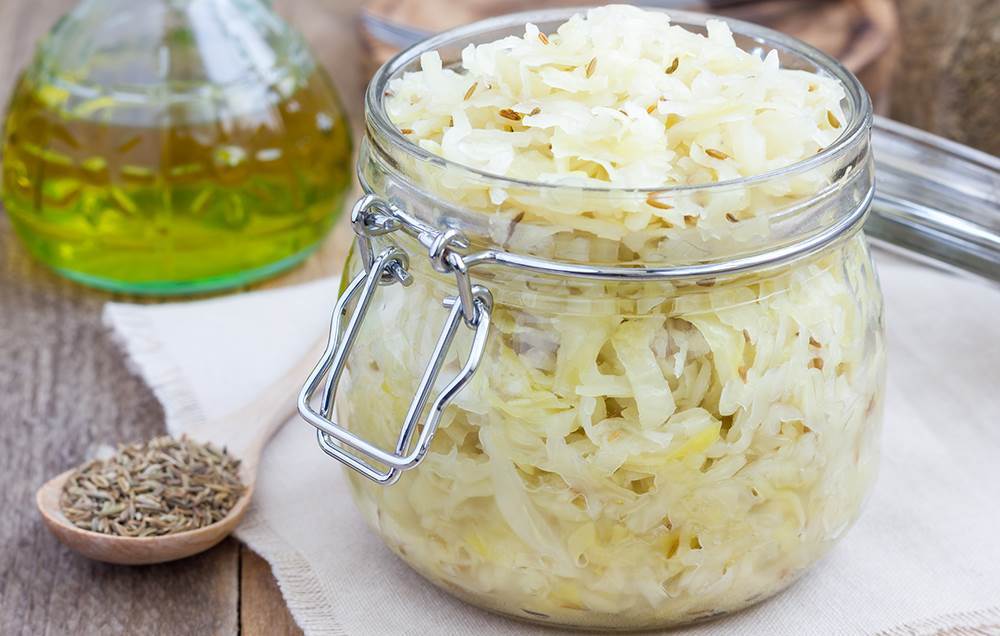
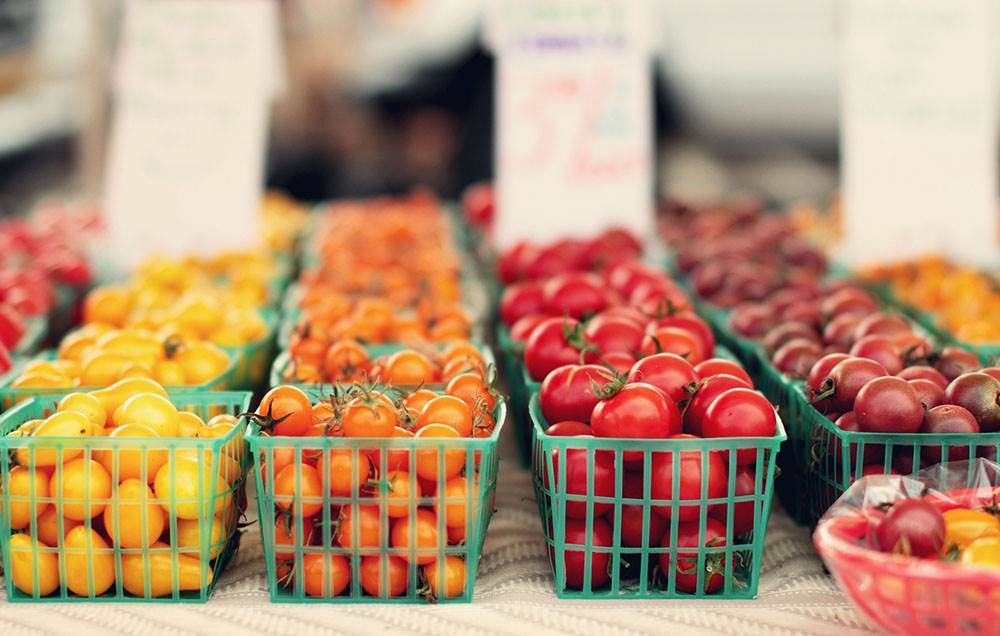
Photograph by Shaunia Mckenzie / EyeEm / Getty Images
Cucumber
From a nutrient standpoint, cucumbers offer plenty of vitamins and antioxidants, especially if you eat the peel. But unlike a lot of vegetables, cucumbers are relatively low in fibre, so there's little chance that they'll make your tummy swell up. They're also super hydrating (they're 95% water), which further helps beat bloat.
Photograph by Renee Rendler-Kaplan, Photographer/Getty Images
Asparagus
These green stalks contain great flavour and asparagine, an amino acid that acts as a natural diuretic, helping the body shed excess water—aka bloat. Just don't chow down on a whole bunch at once. "For some people asparagus can cause bloating, especially when eaten in large quantities," says Segrave-Daly.
Photograph by Lina Bruins / EyeEm / Getty Images
Avocados
You know that puffy feeling you get when you've OD-ed on salt? Avocados can help. They're rich in potassium, which offsets the bloating effects of sodium. Plus they're filled with healthy fat, which helps your body absorb other nutrients. (Avocado's creamy texture means it's perfect for a clean dessert.)
Photograph by Isabelle Rozenbaum/Getty Images
Zucchini
Many vegetables contain FODMAPs, a group of certain sugars and carbohydrates that may cause painful gas and bloating in people with conditions like irritable bowel syndrome (IBS). Summer squash happens to be low in FODMAPs, making it a good option for people who are trying to cut back.
Photograph by Calvert Byam/Getty Images
Leafy greens
Spinach and kale are high in B vitamins, which help cut down on water retention, according to Chaparro. Salads made with dark leafy greens are also flavourful, filling—and make for a nice-looking Instagram shot!
Photograph by iuliia_n/Getty Images
Sauerkraut
For a healthy boost of gut-friendly probiotics, try some fermented veggies, like sauerkraut. Just make sure you buy it in the refrigerator section. Canned kraut has been cooked, so it doesn't have the live cultures you want.
Photograph by Lynn Chyi - lynnchyi.com/Getty Images
Tomatoes
Tomatoes are rich in antioxidants and are versatile kitchen players, working well raw in salad or cooked into a sauce. They also make Segrave-Daly's list of vegetables least likely to leave you feeling bloated.
While these veggies are generally safe to load up on, don't be afraid to try others. Not everyone will react the same way to the same vegetable, so what's a flat-belly veggie for one person might actually cause bloating in another. That's why it's best to do some experimenting as you branch out. "A lot depends on the health of your gut," says Segrave-Daly.






